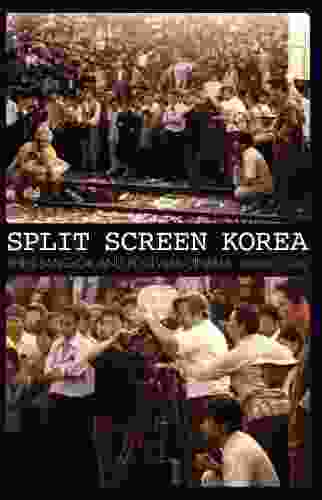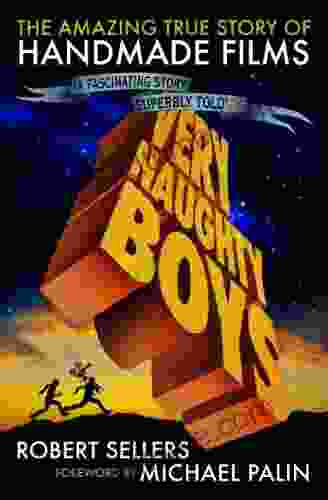Shin Sang Ok and Postwar Cinema: A Master's Unparalleled Journey

In the annals of cinema history, few figures command as much intrigue and admiration as Shin Sang Ok. A brilliant and enigmatic filmmaker, Shin's artistic vision soared beyond the confines of his native Korea, leaving an indomitable mark on the landscape of postwar cinema. Through his daring and innovative approach to storytelling, he crafted films that resonated deeply with audiences worldwide, transcending cultural and linguistic barriers.
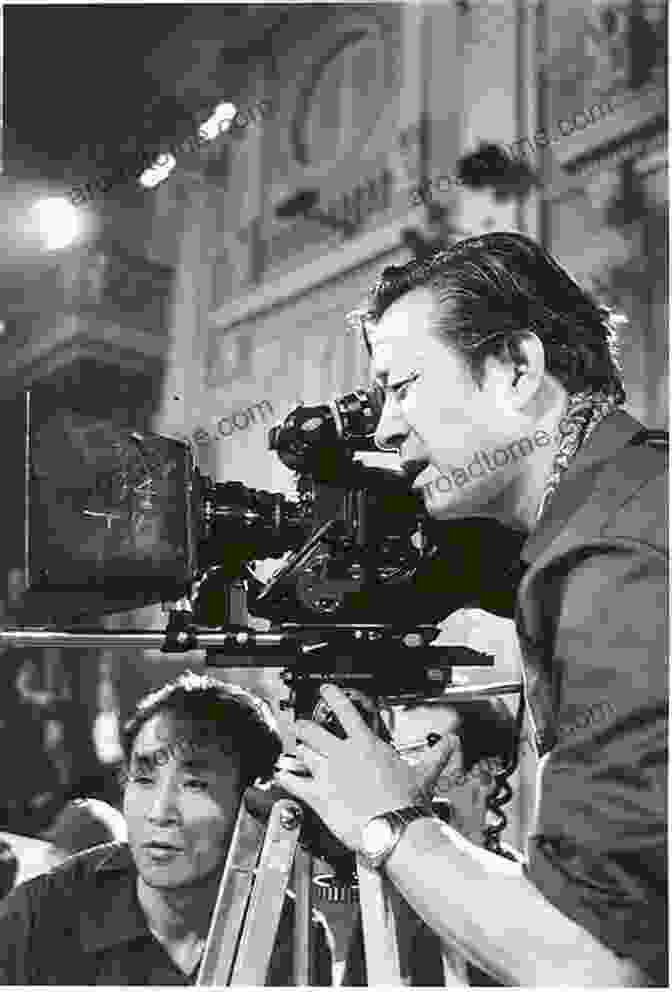
4.6 out of 5
| Language | : | English |
| File size | : | 3363 KB |
| Text-to-Speech | : | Enabled |
| Enhanced typesetting | : | Enabled |
| Print length | : | 304 pages |
| Screen Reader | : | Supported |
Early Life and Influences
Shin Sang Ok was born in 1926 in Tongyeong, Korea. From a tender age, he displayed a keen interest in the arts, particularly film. Inspired by the works of acclaimed directors such as Alfred Hitchcock and Akira Kurosawa, Shin embarked on his cinematic journey, determined to forge his own unique path.
In the post-war era, Korea faced a period of profound social and political upheaval. Shin's films reflected the complexities of this tumultuous time, often exploring themes of national identity, social injustice, and the human condition. His early works, such as "The Devil's Bell" (1958) and "The Housemaid" (1960),garnered critical acclaim and propelled him to the forefront of Korean cinema.
International Recognition
Shin Sang Ok's talent soon caught the attention of international audiences. In the 1960s, he collaborated with the Japanese studio Nikkatsu, directing a series of groundbreaking films that blended elements of Korean and Japanese cinema. These works, including "The Gate of Flesh" (1964) and "The Red Shoes" (1965),showcased Shin's mastery of visual storytelling and his ability to bridge cultural divides.
Shin's international reputation continued to soar with his 1969 film "Flower and Snake." This epic historical drama, set during the Goguryeo period, received widespread praise for its stunning visuals, elaborate costumes, and gripping narrative. "Flower and Snake" cemented Shin's status as one of the most respected and influential filmmakers in Asia.
Kidnapping and North Korean Odyssey
In 1978, Shin Sang Ok's life took a dramatic turn when he and his wife, the renowned actress Choi Eun-hee, were abducted by North Korean agents. For the next seven years, they were held captive and forced to make films for the North Korean regime. This extraordinary ordeal profoundly impacted Shin's perspective on life and art.
The films Shin directed during his captivity, such as "Pulgasari" (1985),a giant monster movie, and "Salt" (1985),a political allegory, reflected the complex and paradoxical nature of his situation. While constrained by the regime's propaganda demands, Shin managed to infuse these works with subtle critiques and personal symbolism.
Return to Freedom and Legacy
In 1986, Shin Sang Ok and Choi Eun-hee managed to escape from North Korea and seek refuge in the United States. Their harrowing experience had a profound impact on their subsequent work. Shin's later films, including "Mayumi" (1990) and "Tokyo Tower" (1991),explored themes of freedom, identity, and the enduring power of the human spirit.
Shin Sang Ok passed away in 2006, leaving behind a cinematic legacy that continues to inspire and captivate audiences worldwide. His films, with their unique blend of artistry, social commentary, and personal odyssey, have cemented his place as one of the most significant and influential filmmakers of the 20th century.
Shin Sang Ok's remarkable journey, marked by artistic brilliance, personal adversity, and unwavering determination, is a testament to the transformative power of cinema. Through his groundbreaking films, he transcended national boundaries, captivating audiences with his profound insights into the human condition. As we delve into the life and work of this cinematic master, we gain a deeper appreciation for the enduring legacy of postwar cinema and the indomitable spirit that drives true artistic vision.
4.6 out of 5
| Language | : | English |
| File size | : | 3363 KB |
| Text-to-Speech | : | Enabled |
| Enhanced typesetting | : | Enabled |
| Print length | : | 304 pages |
| Screen Reader | : | Supported |
Do you want to contribute by writing guest posts on this blog?
Please contact us and send us a resume of previous articles that you have written.
 Book
Book Novel
Novel Page
Page Chapter
Chapter Text
Text Story
Story Genre
Genre Reader
Reader Library
Library Paperback
Paperback E-book
E-book Magazine
Magazine Newspaper
Newspaper Paragraph
Paragraph Sentence
Sentence Bookmark
Bookmark Shelf
Shelf Glossary
Glossary Bibliography
Bibliography Foreword
Foreword Preface
Preface Synopsis
Synopsis Annotation
Annotation Footnote
Footnote Manuscript
Manuscript Scroll
Scroll Codex
Codex Tome
Tome Bestseller
Bestseller Classics
Classics Library card
Library card Narrative
Narrative Biography
Biography Autobiography
Autobiography Memoir
Memoir Reference
Reference Encyclopedia
Encyclopedia Silk Cotton
Silk Cotton Valerie Khoo
Valerie Khoo Weijiu Liu
Weijiu Liu Young Entertainment
Young Entertainment Sham Misri
Sham Misri William A Rushing
William A Rushing Stephen L Nelson
Stephen L Nelson Warawaran Roongruangsri
Warawaran Roongruangsri Yael Goodman
Yael Goodman Theodor W Adorno
Theodor W Adorno Joyce Bova
Joyce Bova Theodosia Corinth
Theodosia Corinth Sierrareef Press
Sierrareef Press Whitney English
Whitney English Thomas Mckelvey Cleaver
Thomas Mckelvey Cleaver Sylvia Tara Phd
Sylvia Tara Phd Sylvaine Jaoui
Sylvaine Jaoui Shaykh Fadhlalla Haeri
Shaykh Fadhlalla Haeri Springhouse
Springhouse Ted Giovanis
Ted Giovanis
Light bulbAdvertise smarter! Our strategic ad space ensures maximum exposure. Reserve your spot today!
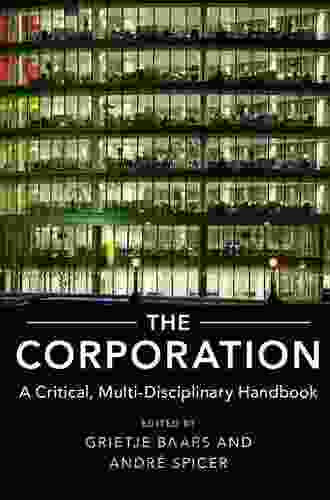
 Guillermo BlairUnveiling the Power and Perils of Corporations: A Comprehensive Exploration...
Guillermo BlairUnveiling the Power and Perils of Corporations: A Comprehensive Exploration...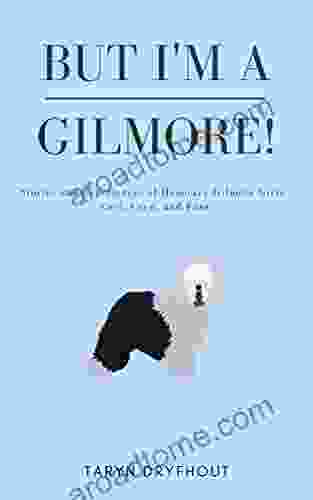
 Ryūnosuke AkutagawaUnveiling the Heartfelt Tales of Honorary Gilmore Girls: A Literary Journey...
Ryūnosuke AkutagawaUnveiling the Heartfelt Tales of Honorary Gilmore Girls: A Literary Journey... Devin CoxFollow ·19.5k
Devin CoxFollow ·19.5k Octavio PazFollow ·3.4k
Octavio PazFollow ·3.4k Miguel NelsonFollow ·2.1k
Miguel NelsonFollow ·2.1k Hamilton BellFollow ·19.1k
Hamilton BellFollow ·19.1k Bryson HayesFollow ·10.7k
Bryson HayesFollow ·10.7k Jim CoxFollow ·6.9k
Jim CoxFollow ·6.9k Lee SimmonsFollow ·19.4k
Lee SimmonsFollow ·19.4k Alex ReedFollow ·4.7k
Alex ReedFollow ·4.7k
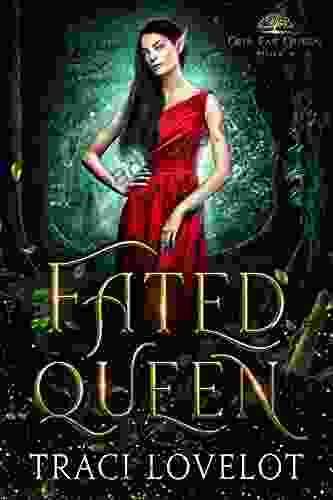
 Timothy Ward
Timothy WardSteamy Reverse Harem with MFM Threesome: Our Fae Queen
By [Author...
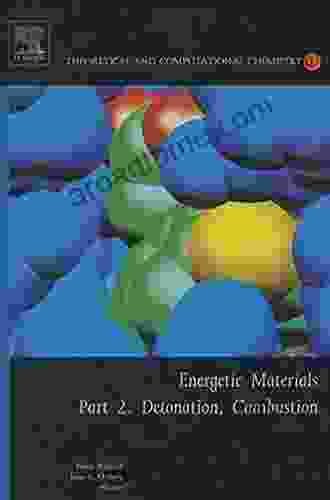
 Cody Blair
Cody BlairThe Ultimate Guide to Energetic Materials: Detonation and...
Energetic materials are a fascinating and...
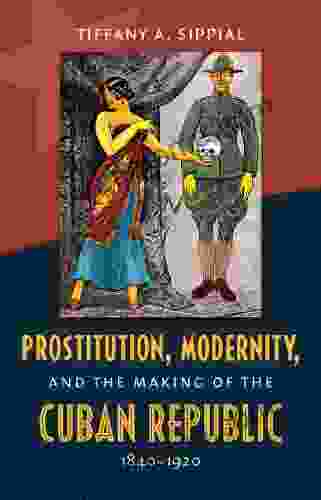
 Kenzaburō Ōe
Kenzaburō ŌeProstitution, Modernity, and the Making of the Cuban...
By Emily A....

 Kirk Hayes
Kirk HayesUnveil the Enchanting World of The Rape of the Lock by...
Alexander Pope's epic...

 Ivan Turgenev
Ivan TurgenevTantric Quest: An Encounter With Absolute Love
Embark on a Tantric Quest to...

 Gary Reed
Gary ReedThe Darwin Awards: Evolution in Action
The Darwin Awards are a...
4.6 out of 5
| Language | : | English |
| File size | : | 3363 KB |
| Text-to-Speech | : | Enabled |
| Enhanced typesetting | : | Enabled |
| Print length | : | 304 pages |
| Screen Reader | : | Supported |


